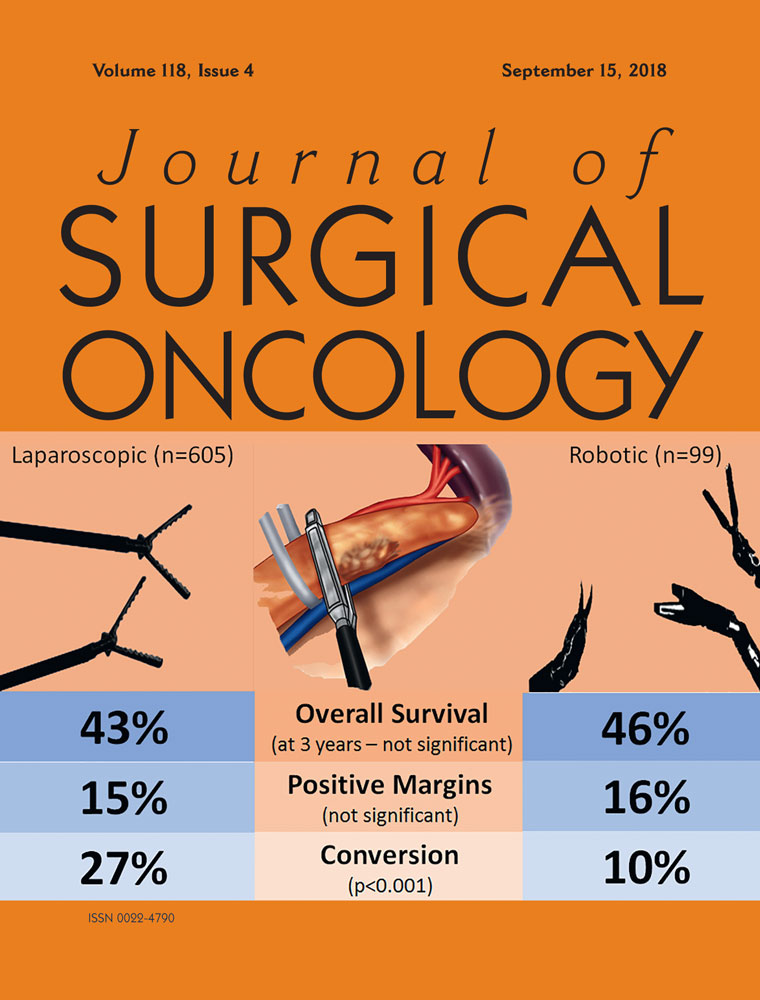CD90 expression in human intrahepatic cholangiocarcinoma is associated with lymph node metastasis and poor prognosis
Abstract
Background and Objectives
Intrahepatic cholangiocarcinoma (ICC) is the second most common primary liver cancer. However, its prognosis remains poor. Expression of cluster of differentiation 90 (CD90) has been identified as an indicator of poor prognosis in many cancers. Here, we examined the importance of CD90 expression in ICC.
Methods
We performed immunohistological assays for CD90 in human ICC surgical specimens and assessed its relationship with clinicopathological findings and prognosis. Moreover, we analyzed the characteristics of CD90+/− cells, mainly with respect to metastatic potential, using human ICC cell lines.
Results
CD90 expression was significantly associated with lymph node metastasis and was revealed to be an independent prognostic factor. The CD90+ cells present in ICC specimens did not appear to be cancer-associated fibroblasts, as they did not express α-smooth muscle actin. In vitro, CD90 + cells exhibited greater migratory ability and higher expression of epithelial-mesenchymal transition (EMT)–related genes, including CXCR4 and MMP7, than CD90− cells. Wnt/β-catenin signaling pathway activation was also heightened in CD90+ cells. In such cells, EMT appeared to be induced by CXCR4 and MMP7 expression through activation of Wnt/β-catenin signaling.
Conclusion
CD90+ cells demonstrate high metastatic potential owing to Wnt/β-catenin signaling activation and are associated with poor prognosis in ICC.
CONFLICTS OF INTEREST
All authors declare that there are no conflicts of interest.




